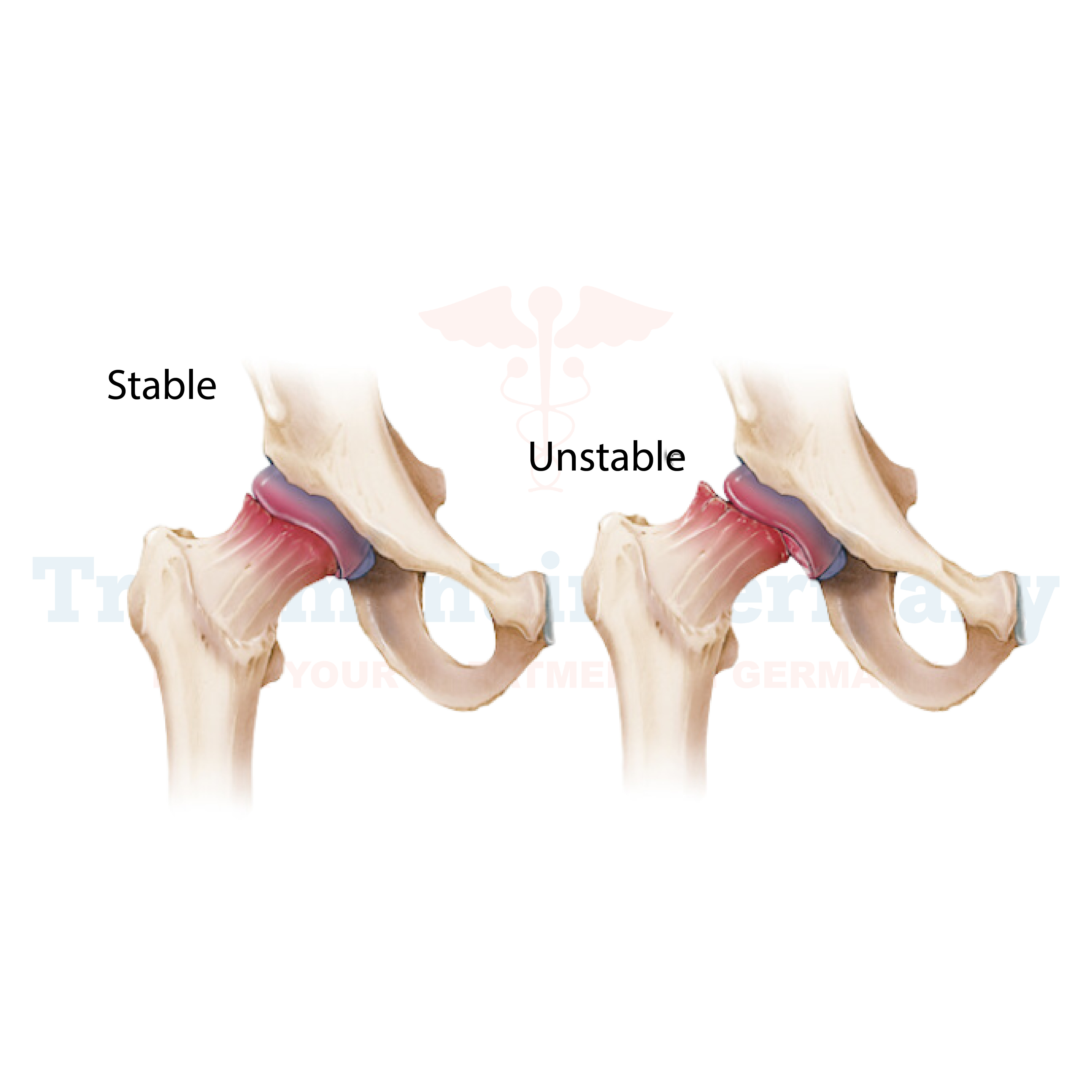Understanding Slipped Capital Femoral Epiphysis (SCFE)
Slipped Capital Femoral Epiphysis (SCFE) is a condition primarily affecting adolescents, where the growth plate at the top of the thighbone (femur) slips off the neck of the bone.
This displacement can occur gradually or suddenly, causing pain and impairing the normal movement of the hip joint.
Side Effects of Slipped Capital Femoral Epiphysis (SCFE)
Patients with SCFE often experience:
How is Slipped Capital Femoral Epiphysis (SCFE) Diagnosed?
Diagnosing SCFE typically involves:
Potential Treatment of Slipped Capital Femoral Epiphysis (SCFE)
Treatment aims to stabilize the femoral head and prevent further slippage. Options include:
👉 Contact us for further information and receive a complimentary consultation.


.webp)
 (1).webp)

.webp)
 (1).webp)


.webp)
 (1).webp)

.webp)
 (1).webp)
